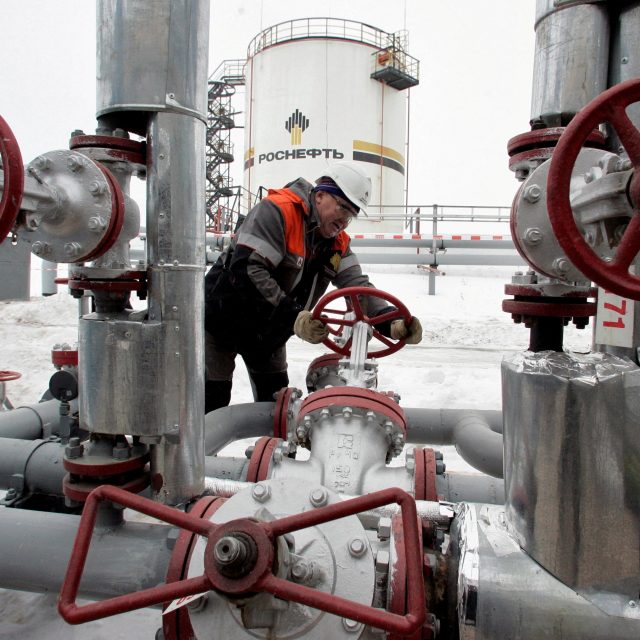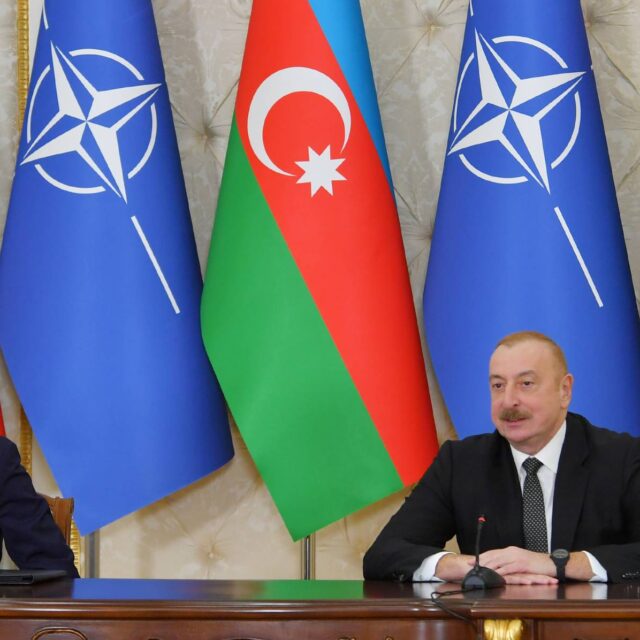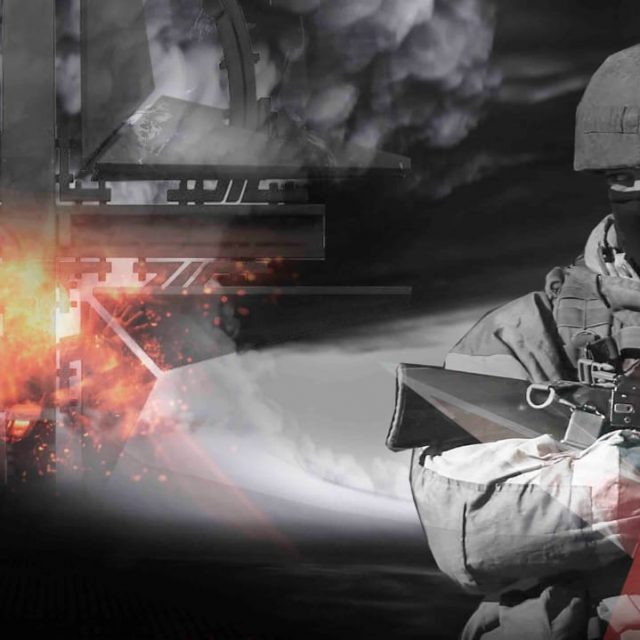Last week, there were reports about the development of cooperation between Mali and Russia. In social networks, unverified sources posted news about the transfer of Russian military personnel from Syria to Bamako. But Mali is not the only country seeking the support of the Russian Federation. Yesterday, information about the visit of government officials from Equatorial Guinea to Moscow appeared on the Internet.
Equatorial Guinea is looking for new allies due to the desperate political and economic situation in the country. The escalating conflicts in North and Central Africa reveal that armed groups are reaching a new level of cooperation and training – they are no longer just chaotic, small formations seeking violence and easy profit. Coalitions and association agreements between gangs are beginning to pose a real threat to regimes across the entire continent.
Equatorial Guinea is attractive, on the one hand, for single gangs that are being forced out of the territory of the CAR and the south of Libya. In addition, terrorists coordinated by major terrorist organisations (Al-Qaeda and ISIS, Boko Haram) are beginning to converge on the country, since the rich oil reserves of Equatorial Guinea could potentially become a good source of financing terrorist activities.
For this reason, the local administration of Equatorial Guinea is trying to conclude contracts for security cooperation with different partners.
The current state of the national army of Guinea is poor. The population is generally dissatisfied with the President of the country Teodoro Obiang Nguema Mbasogo. The latter, in turn, has few allies left; relations with France and the United Kingdom are strained. There are sanctions in place against Vice-President Teodoro Nguema Obiang Mangue for corruption and embezzlement of public funds. President Mbasogo has been commonly classified as a dictator for many years, and has such a toxic reputation that few countries are likely to come to his assistance.
The historically tumultuous relationship between the Republic of Equatorial Guinea and the West has deteriorated over time, and is one reason why the authorities of the country are turning elsewhere to look for new partners. Russia, as a strong global power, presents a logical target for Guinea, particularly since the Russian Federation has recently offered partnerships to different African countries. The Russians have become more active in Africa and have met with some success in this particular region in relation to security: for example, in the Central African Republic, Russian military instructors trained the national army of the CAR within the framework of a bilateral cooperation agreement between Bangui and Moscow. In December last year, the CAR’s security forces repelled an attack by militants who tried to overthrow the current CAR regime.
There has been information on Twitter that members of the government of Equatorial Guinea flew to Moscow to start working on the strengthening of bilateral relations with the Russian Federation.
There is no official information about the purpose of the visit. We understand that the authorities of Equatorial Guinea have repeatedly tried to conclude a military cooperation agreement with Russia, but without success, as the negotiations have been interrupted.
It remains to be seen what the outcome will be. An alliance with the Russian Federation for Equatorial Guinea would almost certainly have a positive outcome for the restructuring of the country’s army, but the authorities face a real security problem both in strengthening the country’s defences to resist hostile terrorist attacks, and in winning back the support of their citizens who have long been oppressed by an unpopular regime.




